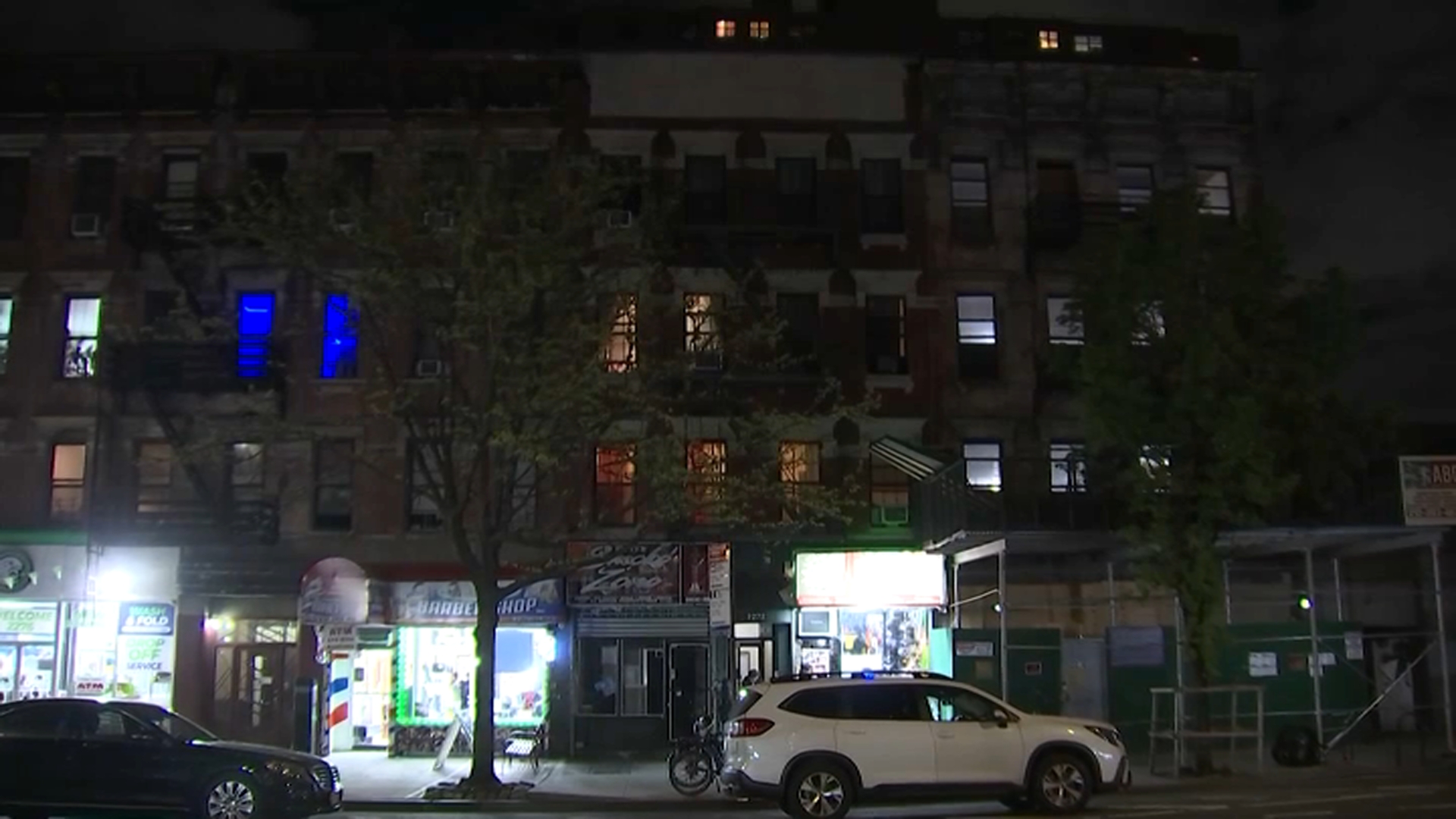Nearly two-thirds of New Yorkers approve of the way Gov. Andrew Cuomo handled the state's first case of Ebola, and even more are in favor of quarantining people who have come in contact with Ebola patients, according to a new poll that shows him with a solid lead over his gubernatorial challenger.
Sixty-three percent backed Cuomo on his reaction to the hospitalization of a New York City doctor with Ebola versus 22 percent who did not, the NBC 4 New York/The Wall Street Journal/Marist College poll released Thursday found.
The poll comes less than a week before Cuomo faces Republican challenger Rob Astorino at the polls in a bid for a second term. Cuomo is ahead of Astorino, the Westchester County executive, by almost two to one, with 56 percent of likely voters supporting the incumbent and 30 percent supporting Astorino. The Green Party candidate, Howie Hawkins, gets 6 percent of the vote.
Seven percent of respondents are undecided.
“This remains a lopsided contest between Cuomo and Astorino,” said Lee Miringoff, the director of the Marist Institute for Public Opinion.
The poll surveyed 1,042 adults from Oct. 26 through Oct. 28. It included 880 registered voters, 503 of whom were expected to vote. The margin of error for all adults was plus or minus 3 percentage points.
The poll comes after Craig Spencer, a New York City doctor who had recently volunteered with Doctors Without Borders in Guinea, was hospitalized and diagnosed with Ebola last week, and after Cuomo announced strict new quarantine requirements for Ebola workers returning from West Africa. The day before Spencer developed symptoms and was isolated at Bellevue Hospital Center, he had gone running, visited a park, eaten at a restaurant, taken the subway and gone bowling in Brooklyn.
On Oct. 24, Cuomo and New Jersey Gov. Chris Christie announced a mandatory 21-day quarantine of all medical workers and others arriving from West Africa who had had contact with Ebola patients. The policy immediately drew criticism from public health and medical experts who called it unnecessary and likely to discourage much-needed volunteers in West Africa.
Local
New York’s new protocols allow travelers to be quarantined in their own homes. If a traveler were planning to stay at a hotel, the New York City Health Department must first assess its suitability. Out-of-city and out-of-state quarantines can also be approved.
New Yorkers, according to the poll, are in favor of a ban on travel to the United States from the West African countries in the midst of an Ebola epidemic, with 57 percent approving a ban compared with 38 percent who do not. Only black likely voters disapproved of such a ban, with 42 percent backing one and 53 percent opposing one.
Cuomo has said that the federal government should consider a travel ban during the Ebola crisis.
An even greater percentage of New Yorkers, 82 percent, said they supported the 21-day quarantine of anyone arriving from West Africa who had contact with Ebola patients, regardless of whether the person were showing symptoms. Only 15 percent disapproved of that quarantine.
Joy Dunkley, a 53-year-old librarian from New York City, said there was no need for quarantines for medical personal who could monitor themselves, nor for a travel ban.
Dunkley, who has a master's degree in public health, said she was a Democrat but would not vote for Cuomo.
“I think he was just an opportunist,” said Dunkley. “This is an election year and we all know his intention is to run for president so he just thought he could jump on the band wagon. But it’s a poor way to treat our health professionals.”
In the race for governor, Cuomo is winning among three-quarters of Democrats and almost a third of Republicans, Miringoff said. The race is closest upstate, where the governor is ahead of Astorino by 9 percentage points. In New York City, Cuomo leads 72 percent to 13 percent. In the suburbs, Cuomo leads 57 percent to 37 percent.
Those numbers are little changed from September, when Cuomo led Astorino 54 percent to 29 percent among likely voters.
The majority of voters who favor Astorino are voting against Cuomo, he said. Forty-one percent of likely voters do not have a favorable opinion of Astorino compared with 32 percent who do. Twenty-seven percent said they were unsure or had never heard of Astorino.
Favorability numbers were flipped for Cuomo as compared with Astorino. Fifty-six percent had a favorable opinion of the governor, 37 percent had an unfavorable one and only 7 percent were unsure.
But if New York’s registered voters seem inclined to re-elect Cuomo, they have little interest in sending him to the White House. Only 20 percent said they wanted him to run for president in 2016. Sixty-seven percent said they did not.
“Not a big send-off at this point if Cuomo has wider ambitions,” Miringoff said.



